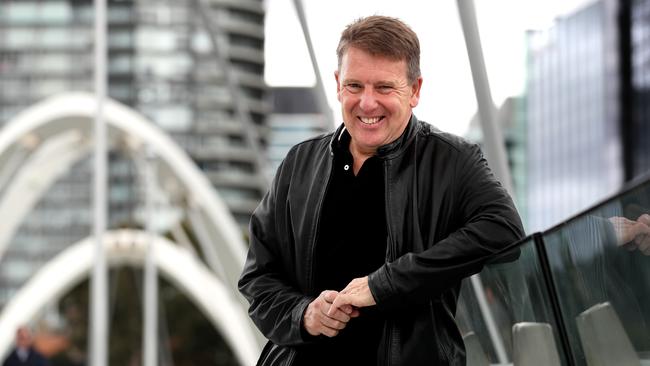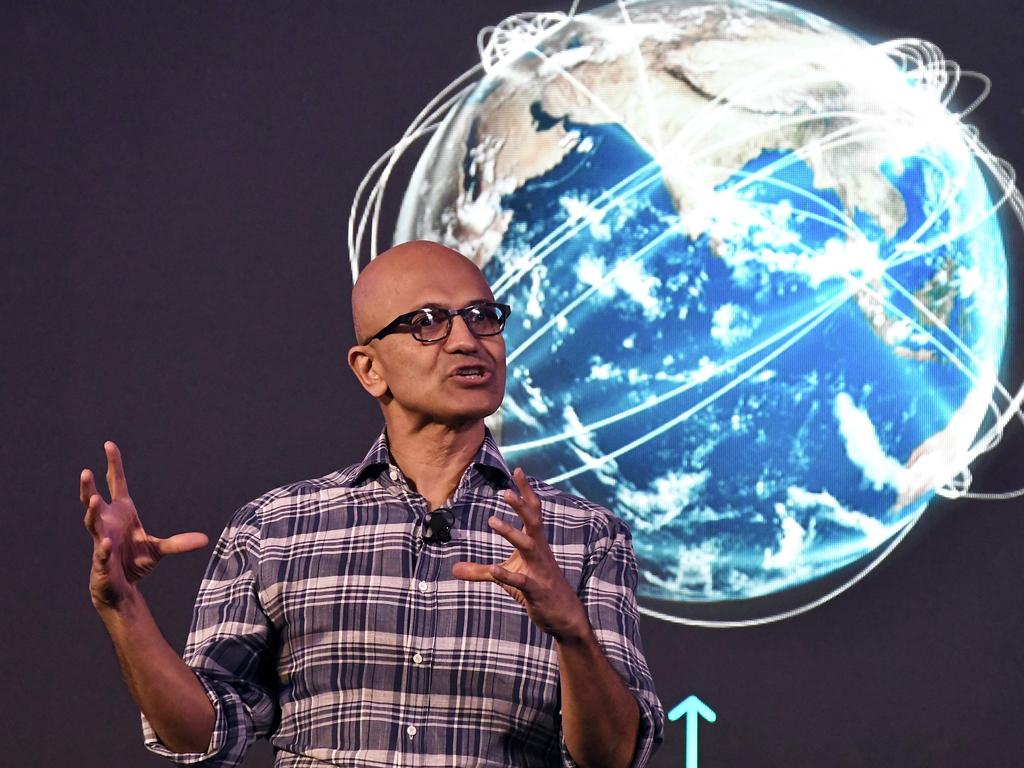Rise of ChatGPT makes AI-based financial advice a ‘holy grail’, says Iress boss Marcus Price


Price says: “The current cost of financial advice is at around $3700 per year. If we could get that down to $1000 per person – can you imagine how many more Australians could afford advice?”
Commenting on new research from consultants Mckinsey & Co, which estimates 25 per cent of work activities could be automated by 2030, Price says: “The consultants are absolutely right on this issue: In financial advice we will soon not just have AI-backed tools, but a whole range of them. In fact, I can see investors using financial advisers to help sort between the range of items on the menu.”
Iress, which reported a flat set of financial results this week, is a key player in financial advice largely through its Xplan software, which is designed to help financial advisers manage their business. The group reported revenue up 5 per cent and net profit up 6 per cent this week – the stock is trading near $9 against $15 late last year before a private equity bid for the company did not eventuate.
As part of his plan to revive the group, Price launched a major review of Iress following his appointment as CEO five months ago. As a former CEO at the Pexa digital property group, Price has deep experience in digital finance. He believes AI tools such as ChatGPT will quickly move towards higher order tasks such as stock picking for investors.
“The holy grail that we are looking at is where the AI actually gives asset allocation advice,” he suggests.

Open AI products such as ChatGPT are set to accelerate automation changes across every industry from law to accountancy, but financial advice, which is beset with bureaucratic red tape and riddled with routine tasks, is seen to be particularly ripe for AI-driven change.
In Australia the cost of advice continues to rise, while the number of advisers in the industry has shrunk alarmingly – there were 28,000 advisers in 2018, that number is now under 16,000. At the same time, the majority of advisers turned away new clients last year, according to the recent Quality of Advice Review.
Among those also exploring the possibilities of AI in financial advice, is Ben Neilson – a PhD at the University of Southern Queensland – and head of the Neilson Wealth management group. He says that existing technology embedded in ChatGPT could raze fees.
In recent research work Neilson revealed that: “A median fee expectation for a ‘super contribution recommendation’ across the four major Australian financial advice licensees is roughly $900 and requires just over three hours of attention. AI software was able to recreate the recommendation with elevated levels of language accuracy for just over $200 and requiring just over thirty minutes.”
According to Price at Iress: “What we are going to see in this market is a proliferation of AI products – it will be something like that arrival of Exchange Traded Funds – they started out offering some very simple funds based on simple market indices and then it just flourished where you now have loads of different choices and specialisations. I think AI financial advice bots are going to follow in the same fashion.”
For anyone wondering just how far AI can change financial services, Neilson’s recent research paper found that “ChatGPT has a unique capability to learn. It succeeded in locating mandatory sections of the Corporations Act and Regulatory Guides primarily due to contextualised user prompts. ChatGPT may be beneficial to reduce barriers of accessing financial advice, by means of cost reduction, regulatory adherence and increased response times.”
What could go wrong? AI advocates worry that regulators will hold back the efficiencies available from the new software technology. Meanwhile, key industry representative groups in advice such as the Financial Planning Association have welcomed the technology cautiously, suggesting that genuine change in the industry will not occur as fast as consultants are forecasting.







ChatGPT-style financial advice is about to hit the Australian market in a dramatic fashion, automating up to a quarter of current work and slashing costs for investors, says the new CEO of Iress Australia, Marcus Price